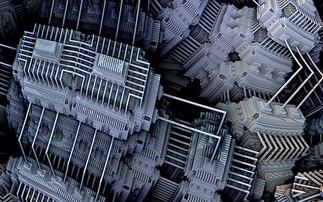Intel held the lion's share of the market, despite the rise of devices like tablets
Last year was one of significant transitions in the microprocessor arena, yet the market continued to be largely a two-horse race dominated by Intel and AMD, according to figures from research firm...
To continue reading this article...
Join Computing
- Unlimited access to real-time news, analysis and opinion from the technology industry
- Receive important and breaking news in our daily newsletter
- Be the first to hear about our events and awards programmes
- Join live member only interviews with IT leaders at the ‘IT Lounge’; your chance to ask your burning tech questions and have them answered
- Access to the Computing Delta hub providing market intelligence and research
- Receive our members-only newsletter with exclusive opinion pieces from senior IT Leaders



















